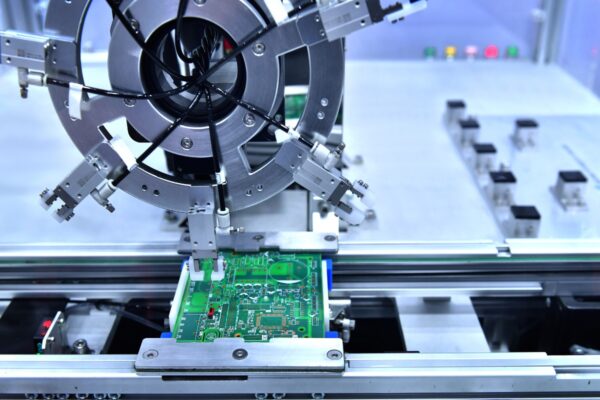What is AS9100
AS9100 is a widely adopted and standardized quality management system specifically designed for the aerospace industry. It was introduced in October 1999 by the Society of Automotive Engineers (SAE) and the European Association of Aerospace Industries (AECMA). AS9100 serves as an internationally recognized standard that replaces the earlier AS9000 and incorporates the current version of ISO 9000, while also incorporating additional requirements related to quality and safety.
The primary objective of AS9100 is to establish a set of quality management system requirements that are tailored to the aerospace industry. This standard ensures that organizations involved in the design, development, production, installation, and servicing of aerospace products consistently meet customer and regulatory requirements. AS9100 provides a framework for organizations to implement effective quality management systems and enhance their overall performance.
One notable aspect of AS9100 is its emphasis on risk management. The standard requires organizations to identify and mitigate risks associated with their processes and products. This includes identifying potential hazards, assessing their impact, and implementing appropriate controls to mitigate the risks. By integrating risk management into the quality management system, AS9100 aims to enhance the safety and reliability of aerospace products.
While compliance with AS9100 is not mandatory, it is highly recommended and often required by major aerospace manufacturers and suppliers worldwide. Many aerospace companies make AS9100 compliance or registration a prerequisite for conducting business with them. This requirement ensures that suppliers meet the necessary quality and safety standards, thereby reducing the risk of product failures and ensuring the overall integrity of the aerospace supply chain.
AS9100 certification is obtained through a rigorous audit process conducted by accredited certification bodies. The audit evaluates an organization’s compliance with the requirements of the standard, including its quality management system, risk management processes, and adherence to applicable regulations and customer requirements. Successful certification demonstrates an organization’s commitment to quality, safety, and continuous improvement in the aerospace industry.





